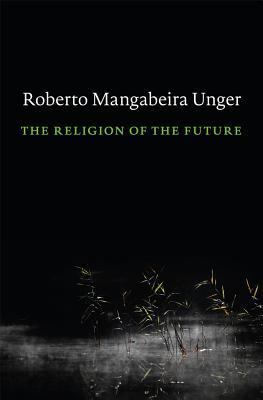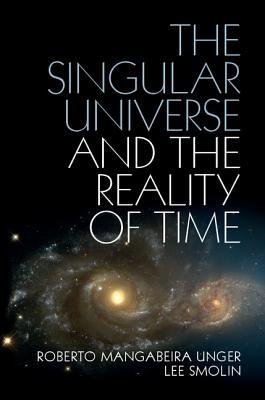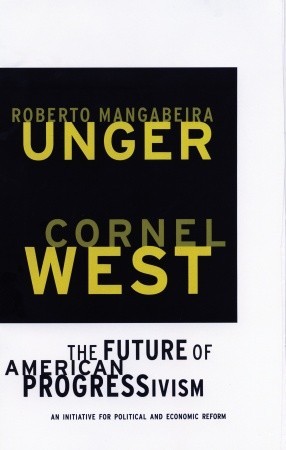Roberto Mangabeira Unger

Roberto Mangabeira Unger (born 24 March 1947) is a philosopher and politician. He has written notable works including Politics: A Work In Constructive Social Theory and The Singular Universe and the Reality of Time. He has developed his views and positions across many fields, including social, and political, and economic theory. In legal theory, he is best known for his work in the 1970s-1990s while at Harvard Law School as part of the Critical Legal Studies movement, which is held to have helped disrupt the methodological consensus in American law schools and which led to the writing of What Should Legal Analysis Become? His political activity helped the transition to democracy in Brazil in the aftermath of the military regime, and culminated with his appointment as Brazil's Minister of Strategic Affairs in 2007 and again in 2015. His late work in economics culminates in his characterization and program toward The Knowledge Economy. His work is seen to offer a vision of humanity and a program to empower individuals and change institutions.
At the core of his philosophy is a view of humanity as greater than the contexts in which it is placed. He sees each individual possessed with the capability to rise to a greater life. At the root of his social thought is the conviction that the social world is made and imagined. His work begins from the premise that no natural or necessary social, political, or economic arrangements underlie individual or social activity. Property rights, liberal democracy, wage labor—for Unger, these are all historical artifacts that have no necessary relation to the goals of free and prosperous human activity. For Unger, the market, the state, and human social organization should not be set in predetermined institutional arrangements, but need to be left open to experimentation and revision according to what works for the project of individual and collective empowerment. Doing so, he holds, will enable human liberation.



